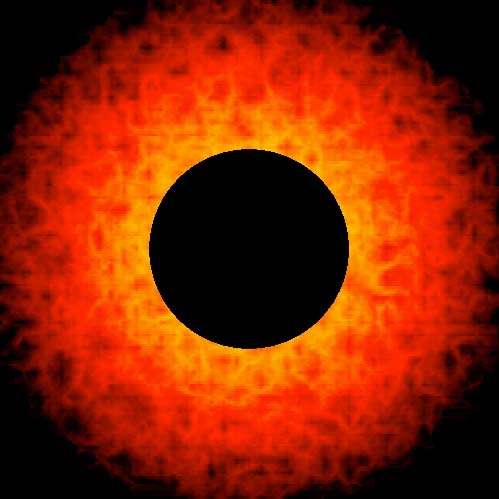| As if the Sea should part: Celui qui croyait au ciel - Celui qui n'y croyait pas |
Category: Flame 2 comments 5 Mar 2006 @ 21:36 by Caerbannog @82.225.248.21 : DoubtsI am not sure that "La belle prisonière" refers to Humanity. in my opinion, it represents Liberty : both men are trying to restore it. Additionnaly "se faire la belle", in french, means "to escape". 9 Apr 2006 @ 22:07 by tlingel : Yes Thank you Caerbannog. The above poem was originally written in honor of the members the French Resistance who put themselves at risk and fell during the German occupation. So, a more traditional and more limited (yet, not incorrect) interpretation in that context would have been to say that "la belle" stood for France, as I have sometimes seen in some studies that were made of the Poem. I like your interpretation better. As it stands, the poem belongs to the current of {link:http://www.jcn.com/humanism.php4|Humanism} and is also part of the tradition of "Engagement" ("Seuls les actes nous engagent. Nous ne sommes donc pas engagés par nos idées, ou par nos sentiments, mais par nos conduites effectives") and what the poem underlies here is that they were at the times [and, I believe, it is still roughly pretty much the case today] two types of engagements. There were men and women for whom engagement had a very clear religious significance (Religious Humanism.) For others on the contrary, such engagement was of a more secularist nature (Secular Humanism,) meaning that they were not committed to believing in either the existence or the nonexistence of God, or a god. Ultimately, regardless of those differences, those men and women put themselves at risk (i.e. were inspired to act) for reasons greater than their differences (i.e. France, Freedom, Humanity, depending on your interpretation – personally, I believe the terms are interchangeable here in view of the context in which the poem was written.) Why is this poem here? How does it relate to NCN? "NCN encourages people to act based on their inner inspiration and to work for the common good. For some people, that is intimately connected with a spiritual motivation and understanding. For other people it is decidedly not. Thus NCN is neutral in that regard. There is no imposition of any spiritual beliefs you have to have." [{link:http://www.newciv.org/ncn/ncnfaq.html|New Civilization Network - Frequently Asked Questions}] Other entries in Flame 12 Jun 2006 @ 21:56: The Prayer 23 Mar 2005 @ 17:31: Les Poètes — by Louis Ferdinand Aragon 7 Mar 2005 @ 00:55: Quid Nunc? Cui Bono?
|
